Photo by: Pixabay user Free-Photos
allergies | asthma | brain development | child health | equity | heat | low birth weight | mental health | preterm birth | wildfires
This guide explains how climate change matters to your child’s mental health and explains some steps that you can take to keep your child healthy in a changing climate.
Climate change, driven by our reliance on fossil fuels, is leading to more frequent and intense natural disasters, which may increase a child’s risk of having depression, anxiety, or post-traumatic stress disorder (PTSD). Air pollution from burning fossil fuels has also been linked to children experiencing more symptoms of anxiety and depression.
What does climate change have to do with my child’s mental health?
As our climate changes, extreme weather events such as hurricanes, floods, and wildfires, may become more dangerous. During a natural disaster, families may have to leave their homes and belongings behind. They may have trouble getting food and clean water, or have to leave their home permanently. These stressful experiences may cause children to develop mental health problems like depression, anxiety, or PTSD.
For instance, one study following 400 young people (8-16 years old) directly affected by Hurricane Katrina found:
-
- About 25% of the youth suffered from PTSD but most symptoms had declined by the end of the study (2 years after the hurricane hit)
- A small number of youth had persistent PTSD symptoms 2 years after the hurricane
What experiences can lead to mental health issues?
Adverse Childhood Events, or ACEs, are traumatic events that can lead to “toxic stress,” which can damage developing brains and bodies and have far-reaching health impacts. Some examples of adverse childhood events are:
-
- Physical abuse
- Neglect
- Parental mental illness
- Divorce
- Exposure to violence
Hurricanes, wildfires, and floods also can be ACEs, especially when a child directly witnesses the loss of their home, or these events result in the loss of a family member or friend. The more ACEs a child experiences, the higher their risk for many health problems later in life including everything from higher rates of substance use and unwanted pregnancies to cancer and HIV. ACEs can lead to social, emotional, and cognitive impairment as well as risk-taking behaviors that lead to chronic diseases throughout life.
Research also shows that children who experience natural disasters while in the womb may be more likely to develop mental health disorders. For instance, one study following 163 preschool children found:
- Children who were exposed to Hurricane Sandy in the womb had three times higher risk of attention-deficit/disruptive behavioral disorders, five times higher risk of anxiety disorders, and 16 times higher risk of depressive disorders compared to children born before Sandy or who were conceived after the storm.
How can I promote resilience in my child?
If your child has lived through a natural disaster or has persistent worries about how climate change might impact them directly, you can help increase their resilience to toxic stress by:
-
- Maintaining your involvement in your child’s life. A supportive adult may be the single most important buffer against toxic stress for a child.
- Building resilience to adversity by promoting healthy risk-taking in a responsible way. For example, encouraging children to step out of their comfort zones and try new activities or meet new people can help build their self-confidence.
- Showing your child the value of persistence as you overcome an obstacle in life. When your child struggles with or fails at a task, talk with them about times when you have had a setback. Help your child understand that life comes with challenges and that persistence can help overcome them.
Communities can take actions to promote resilience to climate-related trauma by:
-
- Providing high-quality early education
- Reducing crime in their community
- Training teachers to care for students who have experienced trauma
- Creating more accessible and well-maintained parks and playgrounds
- Providing more green space, which is linked to improved well-being
You can learn more about building resilience to traumatic events and toxic stress from the American Psychological Association, American Academy of Pediatrics, and the Center on the Developing Child.
How does our reliance on fossil fuels impact children’s mental health?
Natural disasters aren’t the only way that our reliance on fossil fuels can impact a child’s mental health. Burning fossil fuels (for example, from power plants, cars, and trucks) produces carbon pollution that drives climate change as well as other air pollutants, such as particulate matter or PM, that have been found to contribute to symptoms of depression and anxiety in children.
For example, one study found that children were more likely to visit the ER for mental health problems like anxiety and suicidal thoughts on days with higher levels of pollution. Children living in low-income communities or with less access to healthcare were more severely affected.
Also, higher temperatures, which are getting more common with climate change, have been associated in many studies to increase rates of suicide.
Lastly, many parents and children worry about their future, given many of the concerns raised about how climate change may affect our lives. For instance, climate change may cause:
-
- Increases in asthma and asthma attacks
- Worse allergy seasons
- Increases in heat-related illness
- Changes in developing brains
- Problems for pregnancies like low birth weight and preterm birth
How can I do my part to take action against climate change?
Climate change can feel overwhelming, but the good news is that we have solutions that can improve the health of your child and children all over the world. The same actions we take to curb climate change also have immediate health benefits.
Here are simple steps you can take:
- Educate yourself. Learn about environmental justice and how systemic racism and other forms of oppression lead to some children bearing a higher burden from climate change. Share resources with your community.
- Plant trees and other vegetation where you live, and encourage your community to do the same. Plants not only can soak up the air pollution that has been linked to worsening mental health, they can also cool down the temperature which may affect the risk of violence in communities. Recent research has also shown that children who grow up in communities with more green space may have much lower rates of mental health disorders.
- Choose walking, biking, or public transit whenever possible, and consider carpooling. If you are buying a car, choose an electric car or find one with better fuel economy. The more gas a car burns per mile, the more harmful air pollution it generates. Getting exercise may also help improve a child’s mental health.
- Reduce, reuse, and recycle. A timeless piece of advice. The more we buy new, the greater our carbon footprint.
- Invest in energy efficiency and renewables. Ask your local leaders to invest in renewable energy in public buildings, and support building regulations that require solar panels and energy-saving policies for new buildings. Conserving energy saves money and reduces carbon dioxide and other air pollution that matters to our children’s mental health.
- Start a conversation. Talk to your family and friends about climate change to make sure they know it’s a health issue, especially for our children, and that we need to work with everyone to take action to fight this climate crisis. Work with your place of worship and in your children’s school to see what you can do to spread the word and keep our kids healthy, and get involved in climate change planning at the state and local level.
- Get involved. Many towns and cities want to decarbonize—in fact they’re leading on this issue—and parents can play a role in shaping those efforts. Ask local leaders how your neighborhood can become safer and healthier by making it greener, more walkable and bike-friendly. You can ask decision makers to add green space by planting trees, increase access to public transit and invest in electric vehicle infrastructure. These actions will benefit everyone’s health and especially the health of our children.
Terms of Use
The contents of this website are for educational purposes and are not intended to offer personal medical advice. You should seek the advice of your physician or other qualified health provider with any questions you may have regarding a medical condition. Never disregard professional medical advice or delay in seeking it because of something you have read on this website. Harvard Chan C-CHANGE does not recommend or endorse any products.
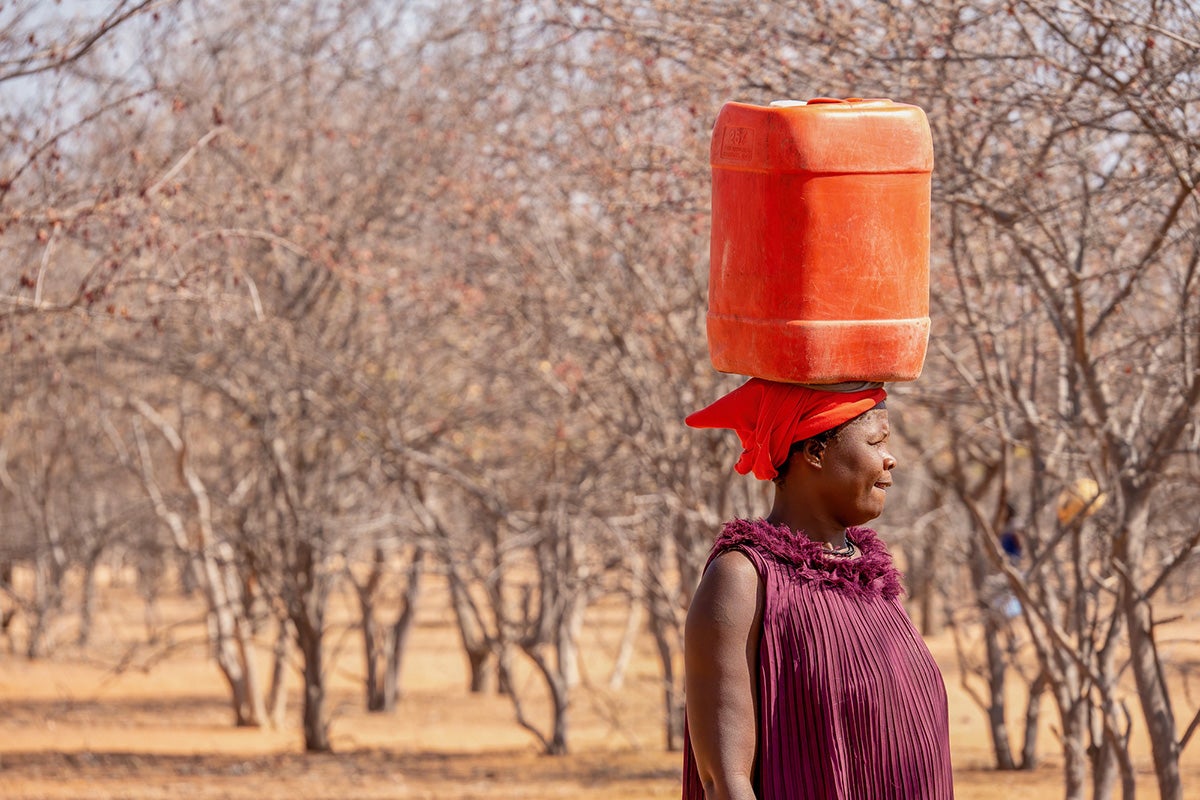
Understanding the mental health consequences of chronic climate change
Research is needed to understand the mechanisms through which slower-moving aspects of climate change such as temperature variability, ecosystem shifts, and changes in precipitation affect mental health.
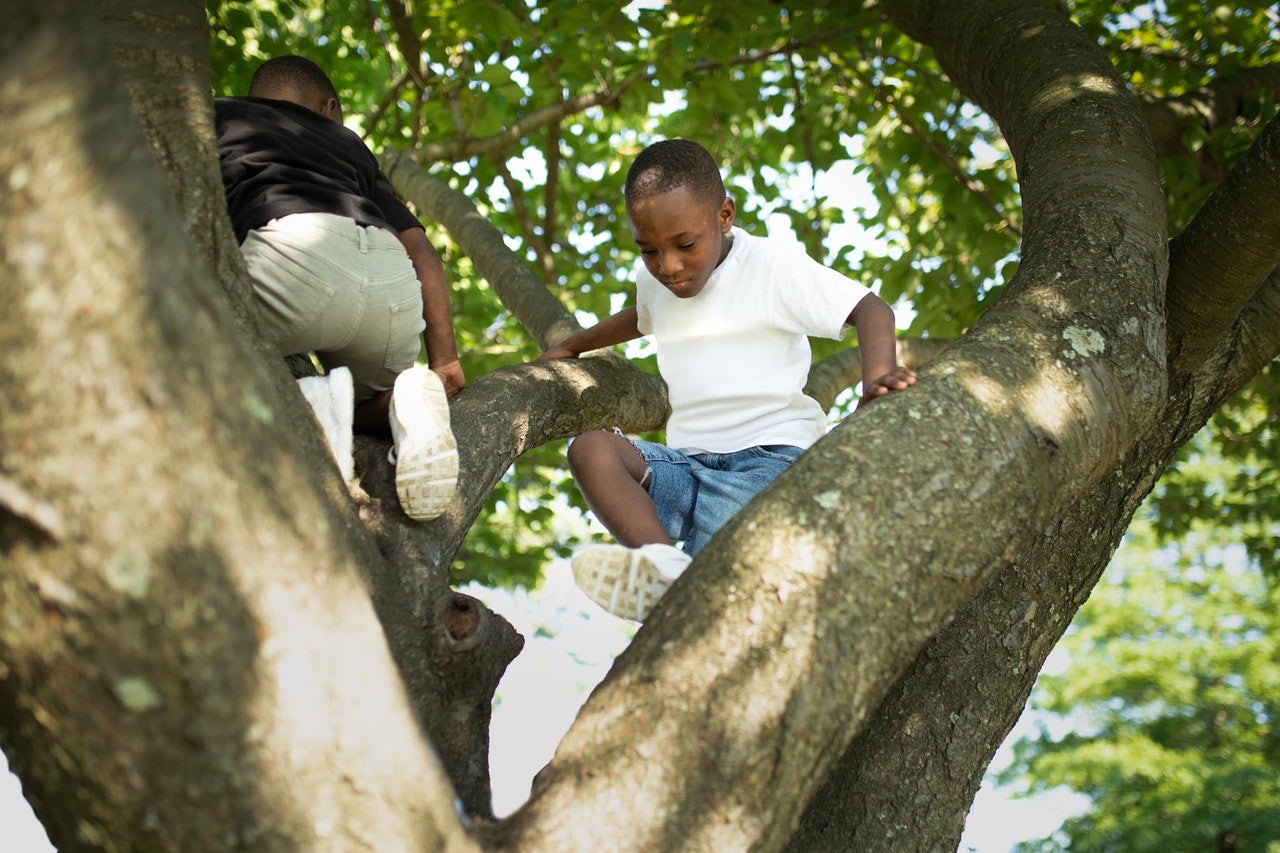
What's Climate Change Doing to Our Kids' Health?
Our Director Dr. Aaron Bernstein answers questions about what parents can do to protect their kids from the health impacts of climate change.

What Earth Day means to our children
A healthier planet nurtures healthier young patients, says our Director Dr. Aaron Bernstein in his Earth Day Coverage column.
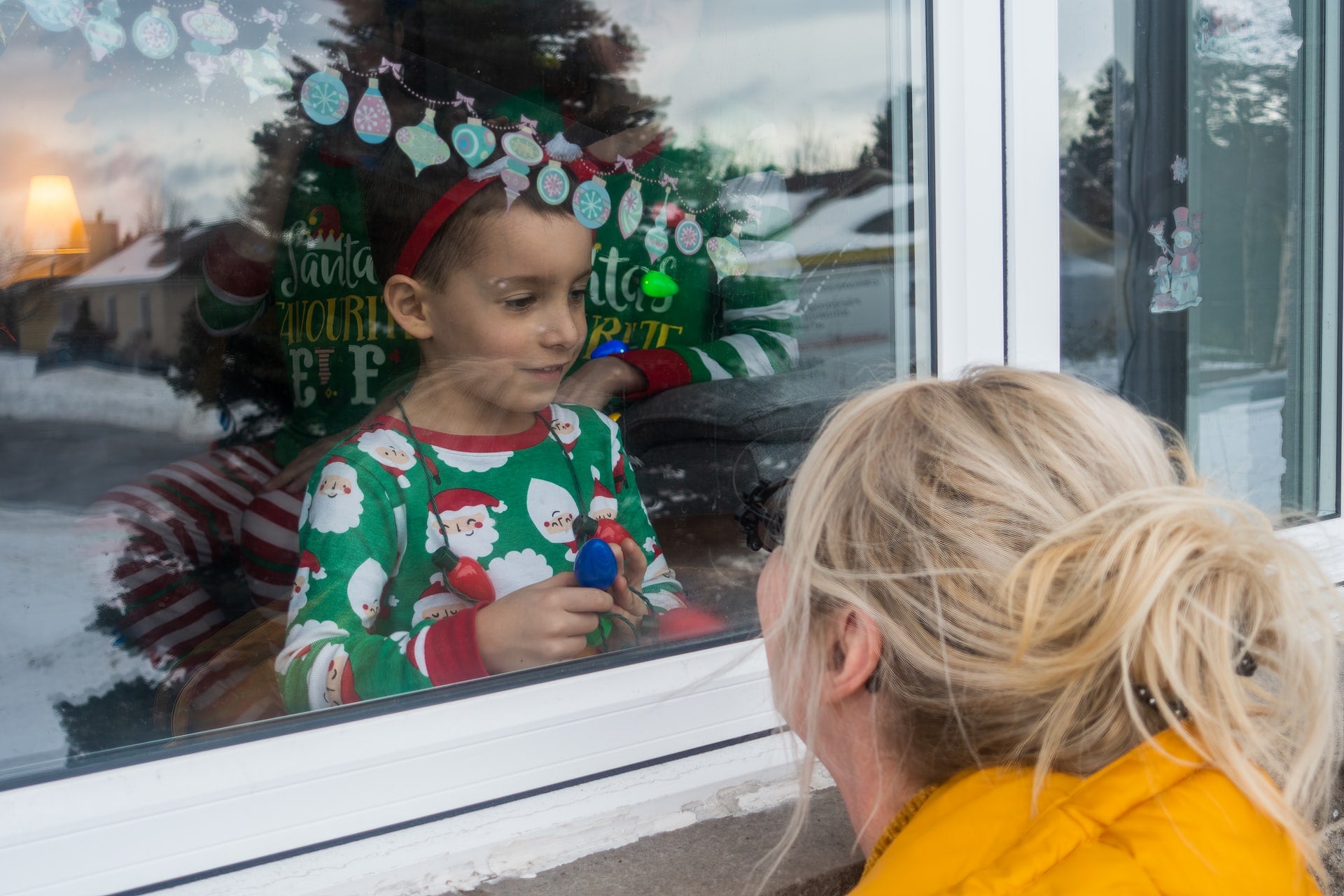
What the pandemic has taught the planet
In his latest Coverage column, Dr. Bernstein reflects on the intertwined crises of COVID-19 and climate change.

Strong children in a toxic world
Our Director Dr. Aaron Bernstein explains how to nurture resilient young minds amid the crises of COVID-19 and climate change.
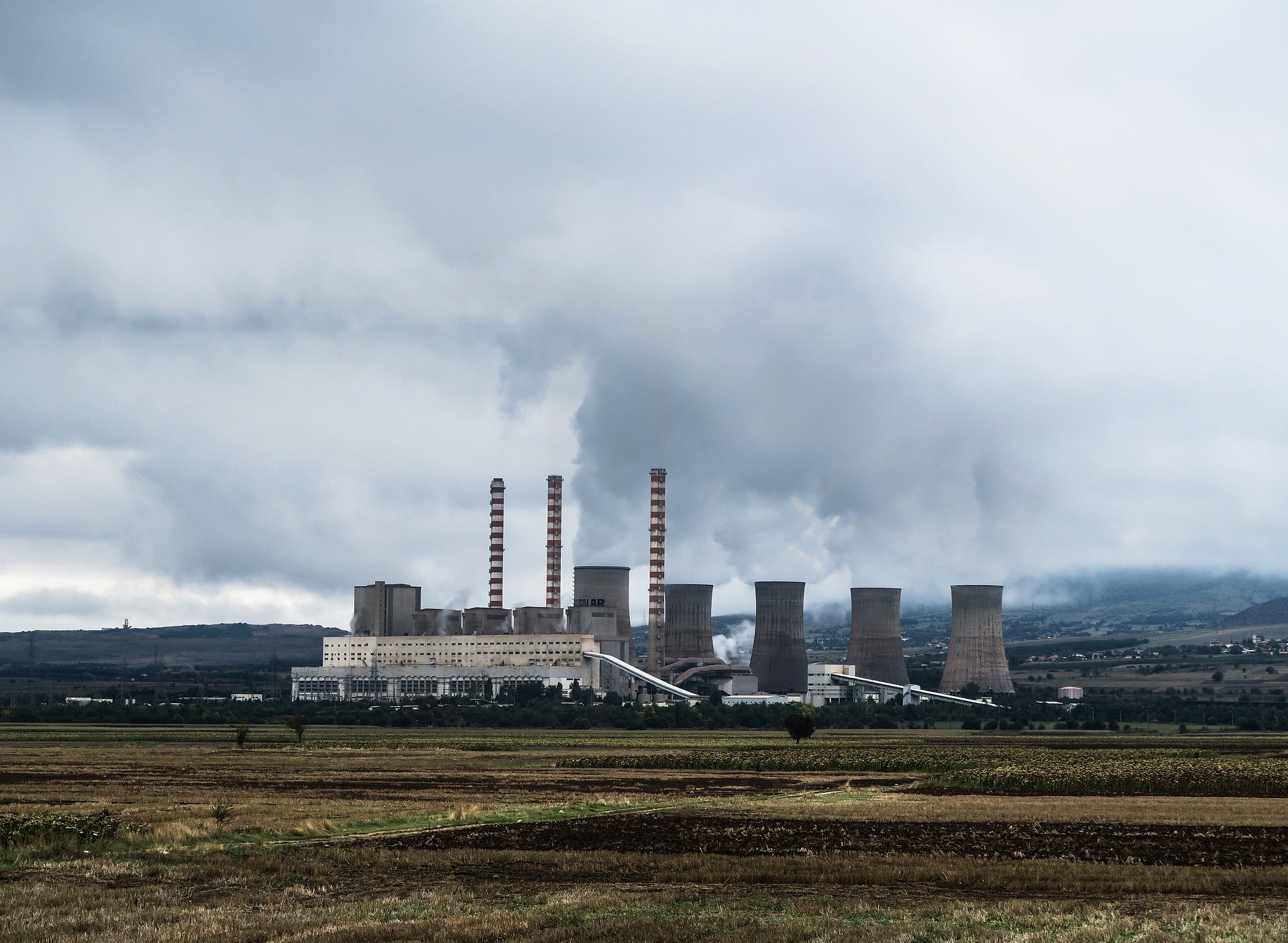
Air pollution could be making you anxious, depressed - and violent
Research shows that air pollution causes many negative effects from stock prices to crime rates.
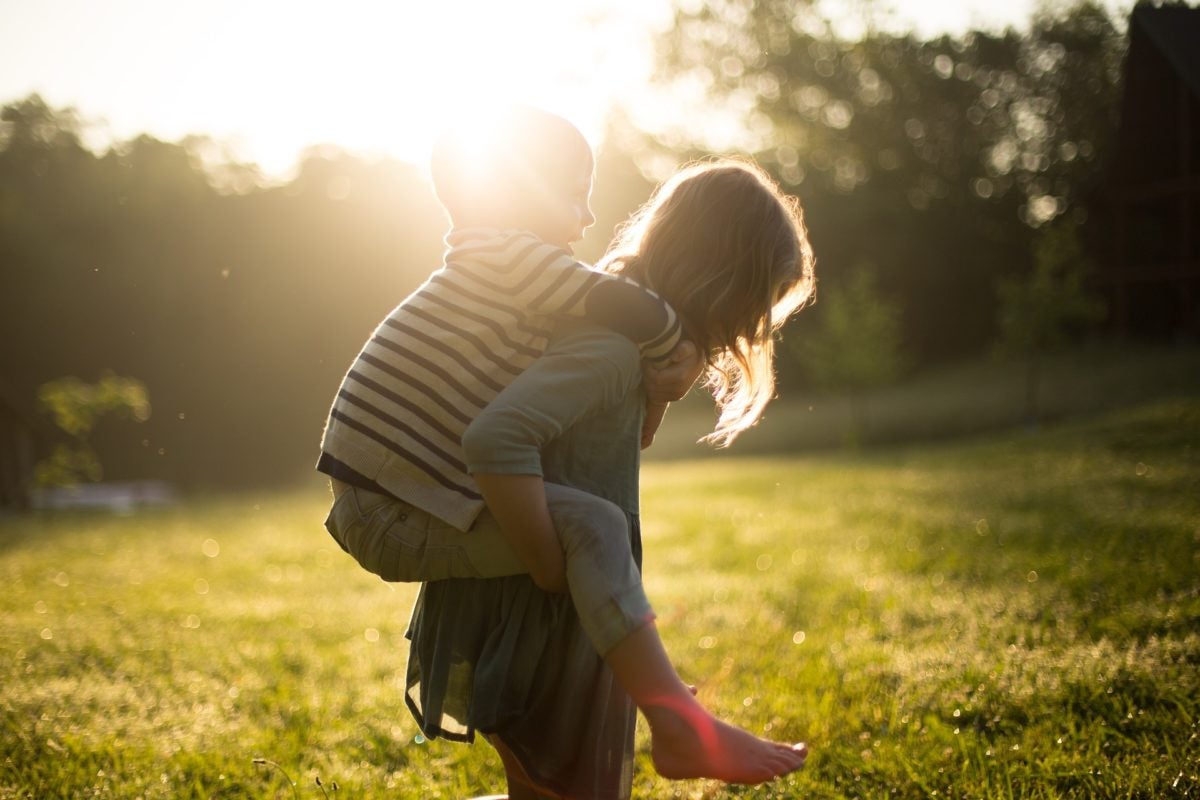
Making young minds resilient to disasters
Strategies for building resilience in the face of toxic stress caused by natural disasters.

Renee N. Salas MD, MPH, MS
Renee's work focuses on the intersection of the climate crisis, health, and healthcare delivery.
